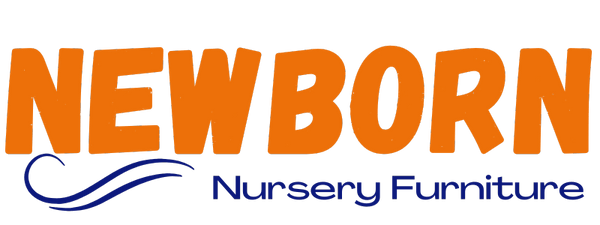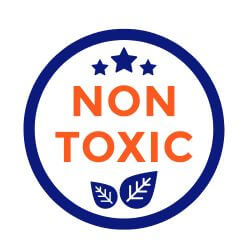As parents, it is essential to select age-appropriate toys that not only entertain but also promote learning and development for your children. In this guide, we will explore how to find the perfect educational toys for your little ones that can promote their development.
Understanding Your Child's Developmental Stages
As children grow, their cognitive, motor, and social skills evolve. Here’s a breakdown of the different stages and suitable toys for each:
Infants (0-12 months)
During the first year of life, infants are exploring the world through their senses. Toys that encourage sensory exploration are essential at this stage.
- Musical toys: Engaging sounds help babies recognize different noises and rhythms.
- Soft blocks: These enhance fine motor skills and provide a tactile experience.
- Rattles: Excellent for grasping and shaking to develop dexterity.
Toddlers (1-3 years)

- Building blocks: Ideal for enhancing creativity and fine motor skills.
- Shape sorters: These toys teach shape recognition and problem-solving.
- Educational toys: Options that promote early literacy and numeracy, such as alphabet puzzles and counting games.
Preschoolers (3-5 years)
Preschoolers are eager to learn and interact with others. This is the perfect time to incorporate toys that encourage cooperative play.
- Board games: Great for teaching turn-taking and social skills.
- Art supplies: Craft projects enhance creativity and fine motor skills.
- Imaginative play sets: From dollhouses to superhero figures, these toys foster creativity and storytelling.
Safety First: Ensuring High-Quality Toys
Once you have an idea of the developmental toys suitable for your child, the next step is to ensure safety. Always choose toys that are made from non-toxic materials and adhere to safety standards. Here are some tips on evaluating toy safety:
- Look for toys that are labeled as free from harmful chemicals.
- Check for small parts that may pose a choking hazard for younger children.
- Ensure that the toy is durable and can withstand rough play.
The Benefits of Educational Toys
As mentioned earlier, educational toys play a significant role in your child’s development. These toys are designed to foster skills and knowledge while ensuring fun. Here are some compelling reasons to incorporate more educational toys into your child’s playtime:
Promote Cognitive Development
Educational toys, such as puzzles and matching games, stimulate your child's mind. They enhance problem-solving abilities and critical thinking skills. When children engage with these toys, they learn to make connections and develop logical reasoning.
Enhance Fine Motor Skills
Toys that encourage manipulation, such as building blocks and arts and crafts, help enhance fine motor skills. These skills are crucial for daily tasks such as writing and self-care.
Boost Social Skills
When children play with others using educational toys, they learn valuable social skills such as sharing, empathy, and teamwork. These experiences help them form relationships and learn effective communication.
Finding the Right Balance: Fun and Education
While it’s important to focus on educational value, it’s equally essential to ensure that the toys you choose are enjoyable. A well-balanced mix of fun and learning keeps children interested and engaged. Here are some ways to strike that balance:
- Incorporate toys that cater to different learning styles, such as visual, auditory, and kinesthetic.
- Choose toys that grow with your child, adapting to their changing interests and developmental needs.
- Encourage outdoor play with educational games that promote physical activity.
Engaging in Expert Recommendations
As a parent or guardian, you may find it helpful to seek advice from experts such as pediatricians, education specialists, or child psychologists. They can provide insights into the best practices for choosing toys that will support your child’s holistic development. Additionally, online resources and parenting groups can be valuable for sharing experiences and recommendations.
The Magic of Open-Ended Play
Open-ended toys are versatile and can be used in many different ways. These toys encourage creativity, imagination, and problem-solving. By providing materials that can be interpreted in various ways, you allow children to lead their play experience. Examples of open-ended toys include:
- Blocks and construction kits
- Art supplies
- Loose parts (such as stones, fabrics, and buttons)
By including open-ended play in their daily routine, children develop higher-order thinking skills and the ability to collaborate with peers effectively.
Emphasizing Family Time Through Play
Playing is a great opportunity to build bond with your children. Engaging in play with them not only promotes bonding but also gives you an opportunity to guide their learning experiences. Consider setting aside time weekly for family games, arts and crafts, or storytelling sessions that incorporate educational toys.
Final Saying
So, next time you're on the hunt for the perfect toy, consider all the layers of growth you’re contributing to your child's universe. Happy shopping, and may your choices lead to joyful learning adventures!









